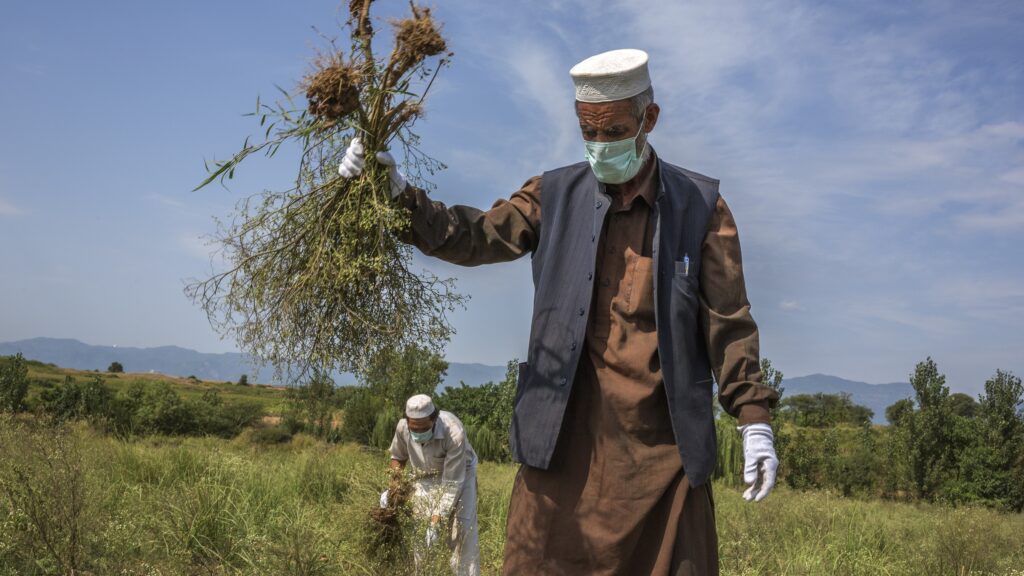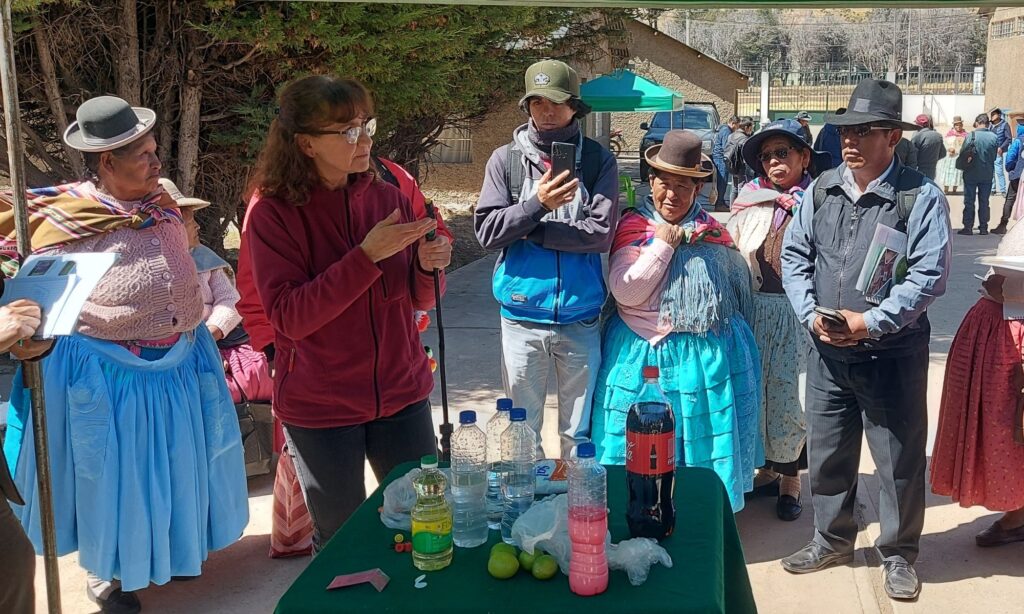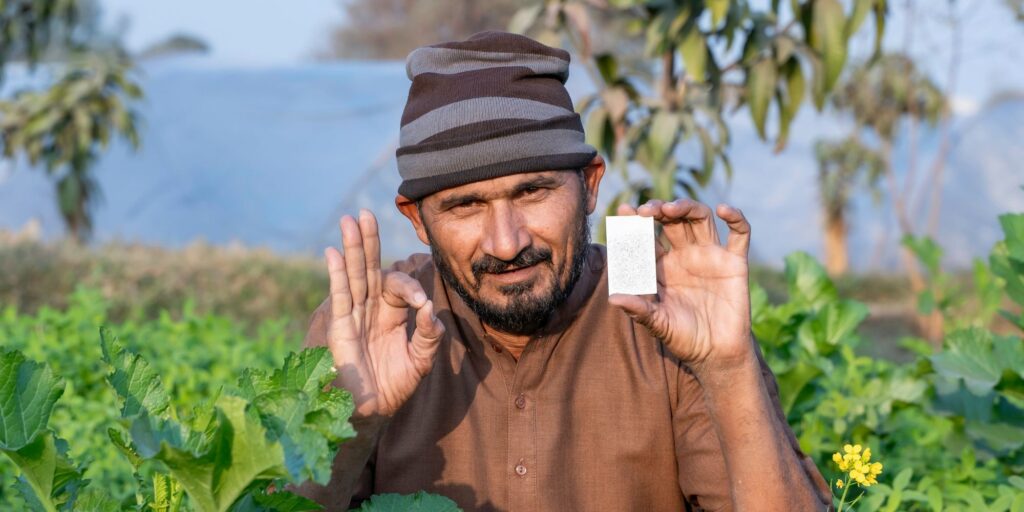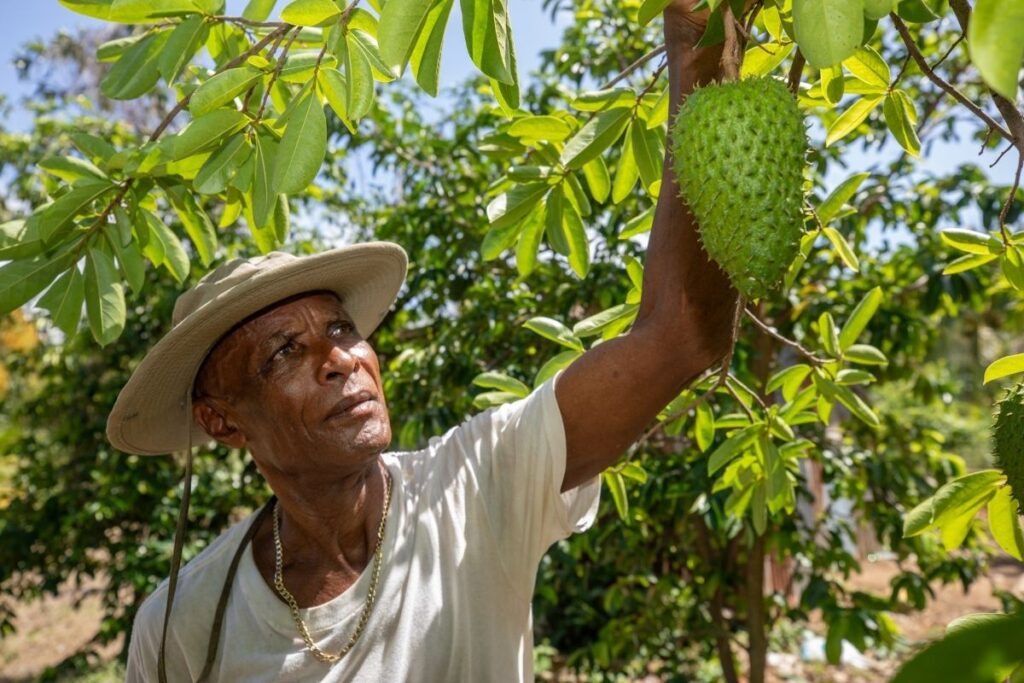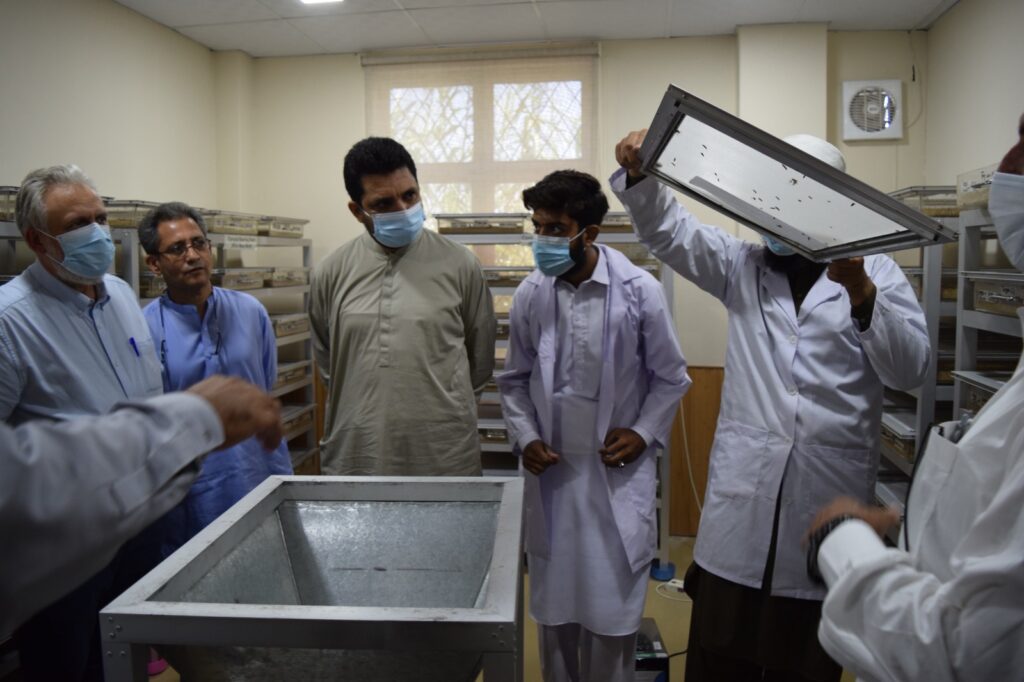Watch the video: Trichogramma rearing facilities in Pakistan
In the face of increasing pesticide reliance, biological control offers a less harmful, more sustainable alternative to chemical pesticides. Biological control utilizes natural enemies, such as predators, parasitoids, and pathogens, to suppress pest populations. In Pakistan, PlantwisePlus is collaborating with the Pakistani government to rear Trichogramma chilonis, providing farmers with these tiny wasps that control…
Types of biological control: augmentative, conservation and classical
Biological control, also called biocontrol or bioprotection, is a method of pest control using other organisms, natural enemies, pathogens, semiochemicals and natural substances. Unlike some other methods of control in agriculture, bioprotection often has little to no side effects.
Parasitic wasps play pivotal role in Kenya’s papaya mealybug control
Papaya mealybug (Paracoccus marginatus) is a devastating papaya pest. It impacts many countries in East and West Africa. Infestations can result in significant economic losses, posing a threat to the livelihoods of smallholder farmers. On average, the pest can cause anywhere from 53% to 100% crop losses, costing £2,224 per hectare annually. Its impact on…
Trichogramma mass rearing facilities piloted in Pakistan
Championing sustainable agriculture by promoting lower-risk plant protection solutions to tackle crop health challenges is a key objective of CABI’s PlantwisePlus programme. In particular, the managing of plant pests and diseases. A cornerstone of this work is setting up local facilities for the mass rearing of lower-risk plant protection solutions.

